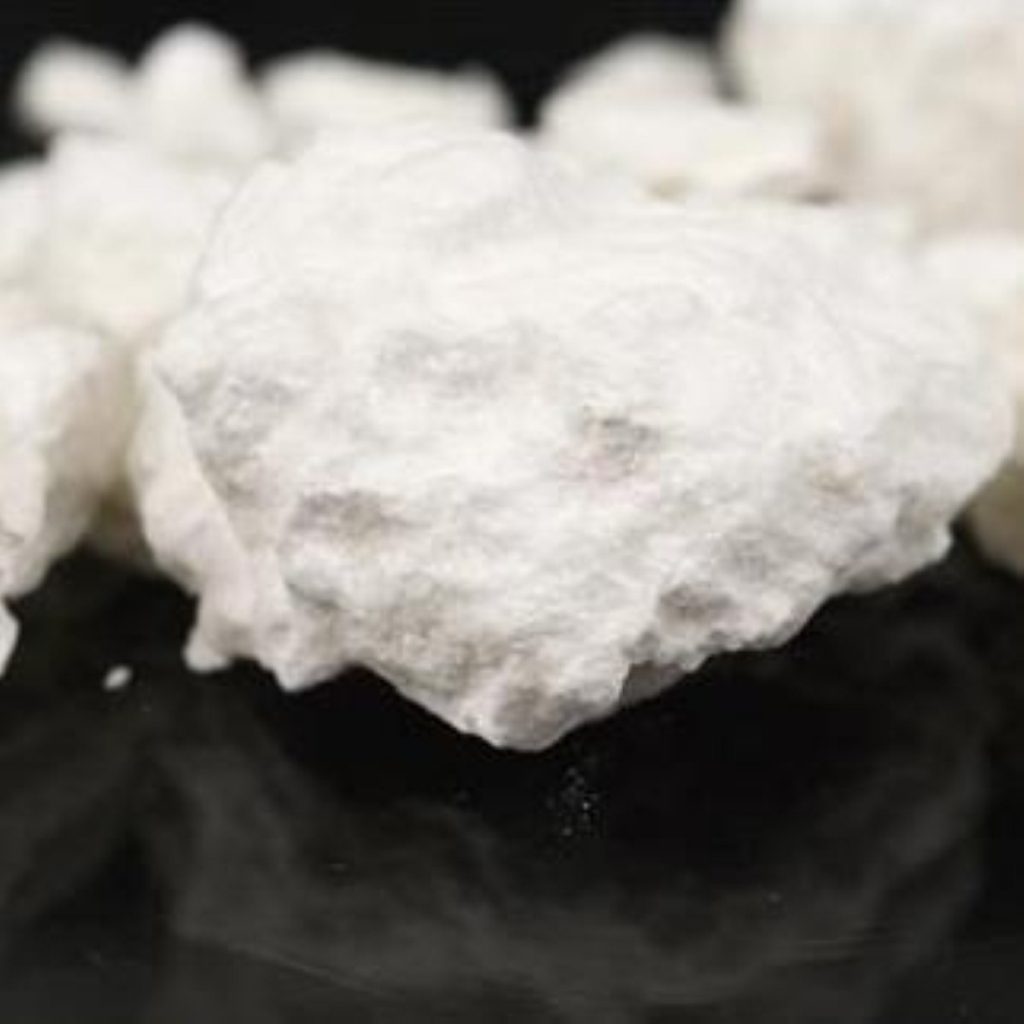Colombian vice-president calls for debate on cocaine
The Colombian vice-president, Francisco Santos, appeared to call for a debate about the legalisation of cocaine today at an event in London also attended by Home Office minister, Vernon Coaker.
But Mr Santos said there was not the political will in the UK to have a discussion about the legalisation of cocaine, the production of which has long been cited as one of the contributing factors to the continued political instability in Colombia.
He said: “In the case of Colombia and this country the discussion of legalisation is something that does not have the political will or the possibility of becoming a reality in the near future. So in Colombia, where a lot of illegal groups fund [themselves] through this kind of operation we have no other option in terms of combating it.
“The debate is open but we wish it had a louder sense in terms of how we can reduce consumption and production.”


The event, in Trafalgar Square was designed to demonstrate the environmental and social destruction caused by cocaine use. It also followed a summit yesterday which aimed to explore how efforts to cut cocaine use can be enhanced.
The government is concerned about the rise in cocaine use despite the fact that there has been little material rise in recent years. The Home Office says cocaine is the only drug which has risen in use since 1998 and although cocaine use has been stable since 2000 – fewer than five per cent of adults have used the Class A drug in the last year – the government says it is determined to strengthen efforts against it.
As part of this effort the government is launching a new million pound multi-media FRANK campaign later this year focusing on cocaine as well as issuing leaflets for young people and drug workers to illustrate the dangers and consequences of cocaine use.
Speaking about the new campaign, Mr Coaker, said it was “just one part of enforcement measures we use.”
“The really important thing about drugs policy whether it is in respect of Cannabis or Cocaine is that we have a tough law enforcement approach in respect of that, of course you do, but alongside that people know we also have to have education programmes and treatment programmes so when we have got people in the system we try to help them and work with them,” he added.









